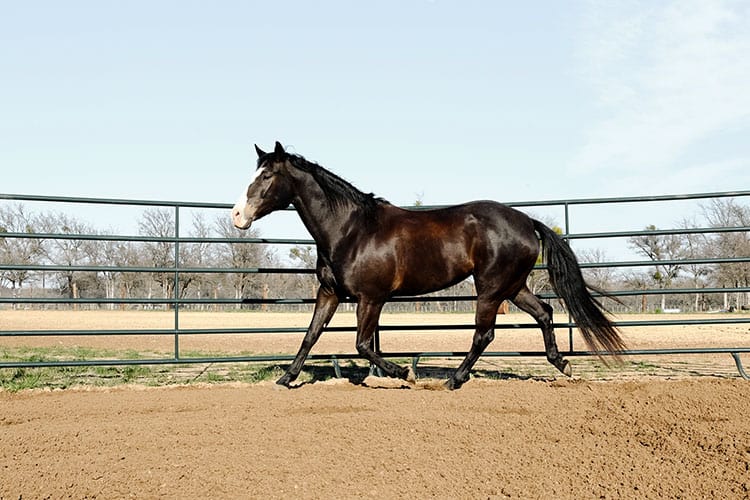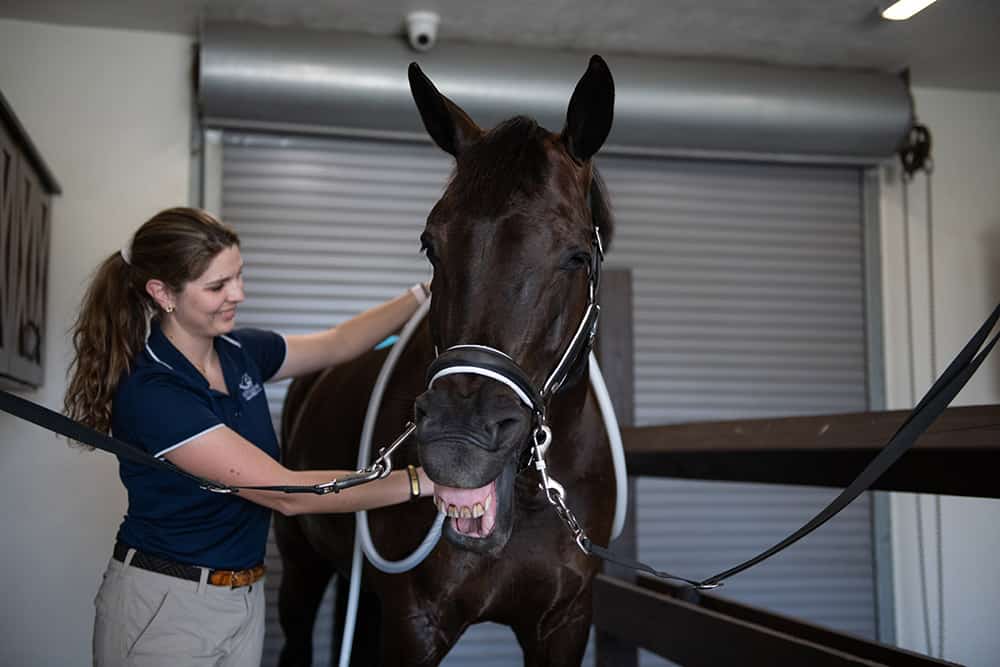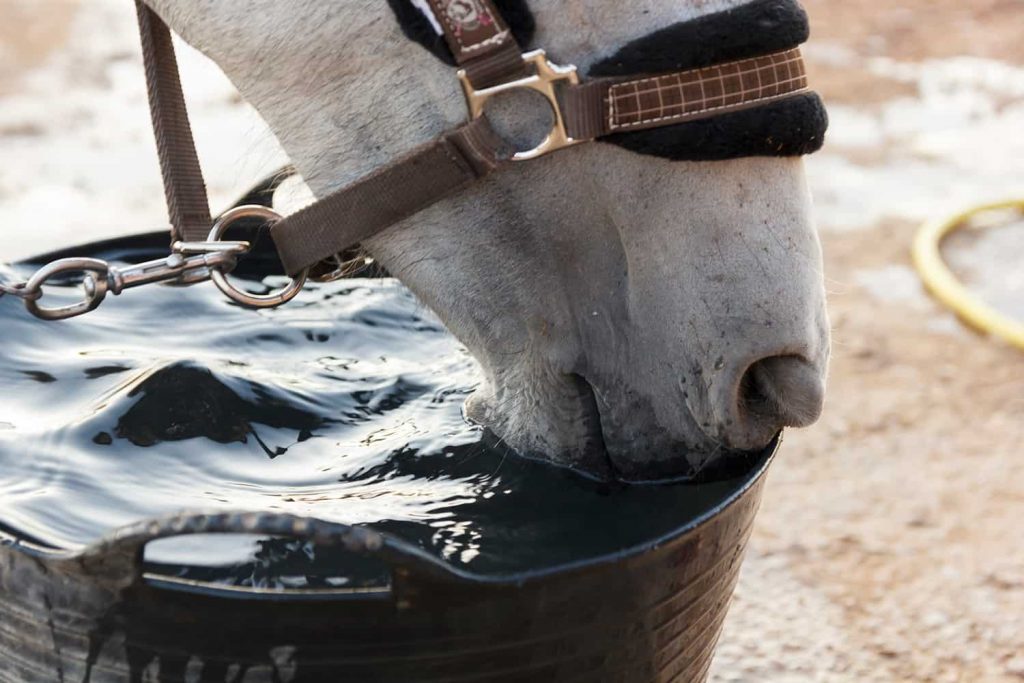
Handling and Training Donkeys
Owners often care for donkeys as they would horses despite distinct differences between the species. Researchers are seeking to change this.
Event coverage from the 2023 Equine Science Society’s symposium, brought to you by Zoetis Equine.

Owners often care for donkeys as they would horses despite distinct differences between the species. Researchers are seeking to change this.

Exercise significantly affects risk of gastric ulcer development in horses, particularly in the glandular region, which underscores the need for management precautions.

Spirulina might be a beneficial supplement for horses due to its protective effect seen in other species’ joint cartilage.

Researchers used AI to analyze horse conformation and detected differences between fragile foal syndrome carriers and noncarriers that might have performance implications.

Artificial intelligence technology might be able to assist veterinarians in making recommendations to riders about their horse’s performance.

Understanding the differences between haylage and grass hay can be helpful for horse owners when deciding which is best for their horse.

Based on a recent horse owner survey, researchers report the most common mistakes made when creating equine diets. Oversupplying calories tops the list.

Understanding the differences between these groups’ microbiomes and adjusting dietary and management practices accordingly could help improve domestic horse welfare.

Researchers have determined that limiting horses’ access to hay might make them more likely to engage in abnormal and aggressive behaviors.

New research suggests low PEMF treatment settings might not have many physical effects on performance horses.

New research shows that electrolyte supplementation might not be necessary for horses in light to moderate work.
Stay on top of the most recent Horse Health news with
"*" indicates required fields